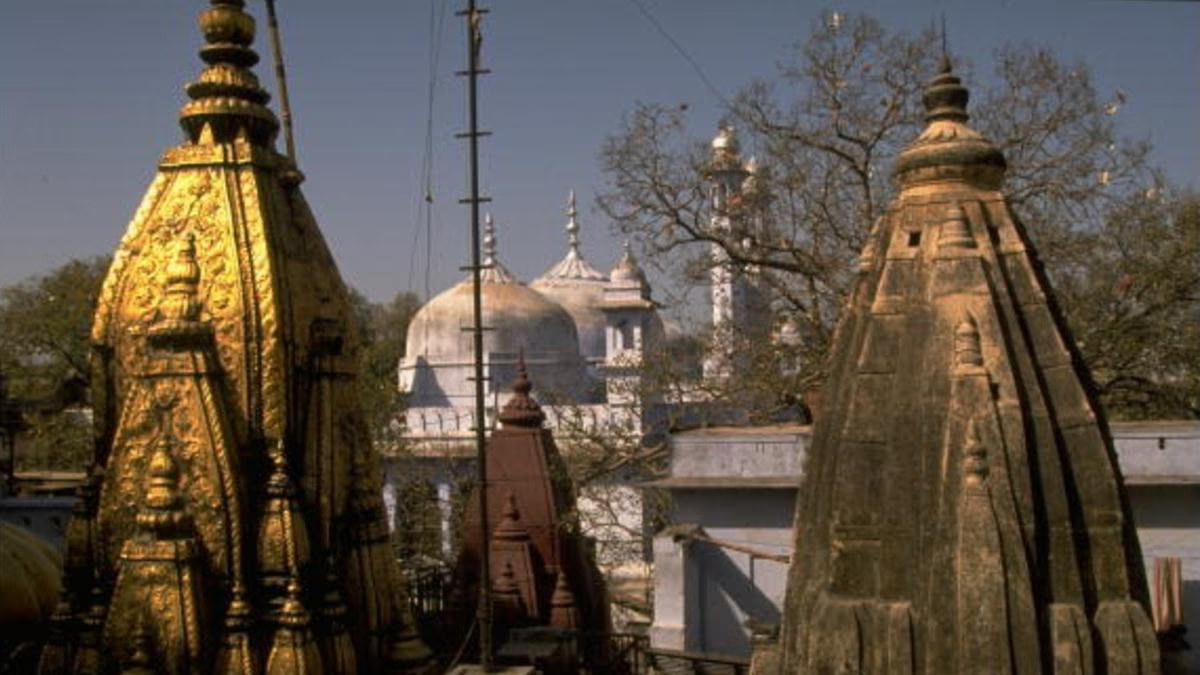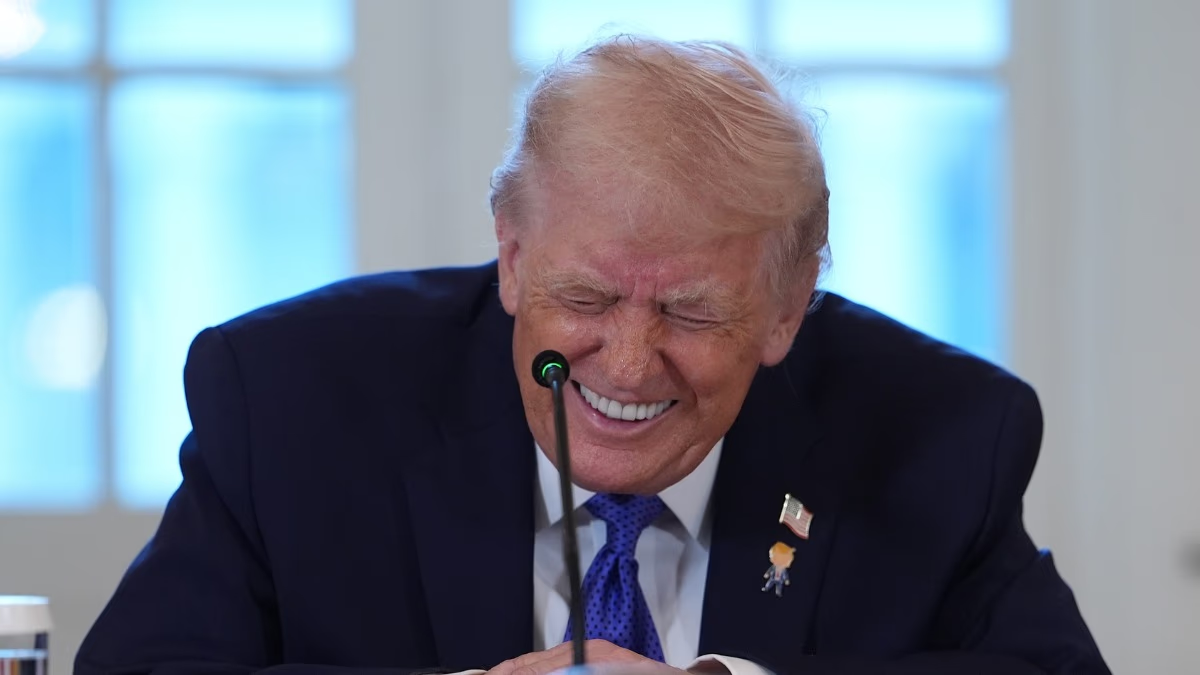The Varanasi District Court has delivered its verdict on the Gyanvapi Mosque-Shringar Gauri case, ruling in favor of the Hindu side. The court recognized the case as fit for hearing, with District Court Judge Ajay Krishna Vishwesh issuing the decision. The next hearing is set for September 22.
This ruling arose from a petition by five women filed last year in August, seeking daily worship at the Shringar Gauri Temple adjacent to the Gyanvapi Mosque. Senior Civil Judge Ravi Kumar Diwakar had ordered a survey of the mosque premises, where the Hindu party claimed a 'Shivling' was found, disputed by the Muslim party as a fountain.
The Supreme Court transferred the case to the District Court, citing its complexity and sensitivity, recommending a judge with 25-30 years of experience. Compliance with the Supreme Court's directive has now placed the matter with the Varanasi District Court.
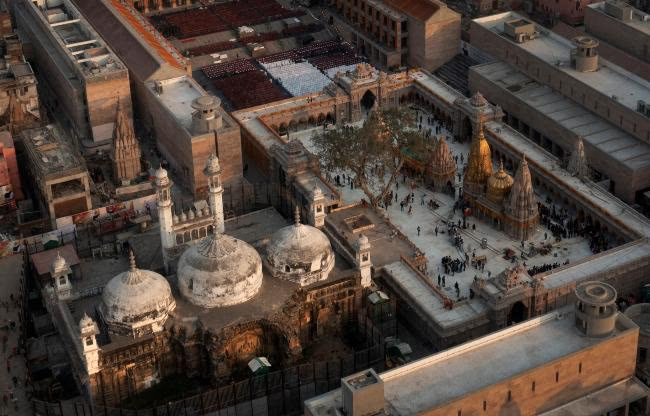
Source: aajtak
The Muslim side argued against any decision, citing the 1991 law that prohibits changes to the status of places of worship as of 1947. However, the court dismissed this argument. Harishankar Jain, representing the Hindu side, affirmed that the court agreed the 1991 act was not applicable to this case.
Why was the 1991 Places of Worship Act not applied in the Gyanvapi case? To understand this exemption, it's crucial to grasp the Gyanvapi Mosque and Kashi Vishwanath Temple's historical conflict.
An History Spanning 353 Years
- The controversy traces back 353 years. In 1991, religious leaders and trustees linked to the Kashi Vishwanath Temple filed a petition, asserting the original temple was built over 2,050 years ago by King Vikramaditya and demolished by Aurangzeb in 1669 to construct the Gyanvapi Mosque using temple remnants.
- In response, the Anjuman Intezamia Masjid Committee approached Allahabad High Court in 1998, defending the mosque based on the 1991 law. High Court intervened, halting lower court proceedings.
- The dispute continued for 22 years, resurfacing in 2019 when the Hindu side urged a survey by the Archaeological Department. The case remains pending in the High Court.
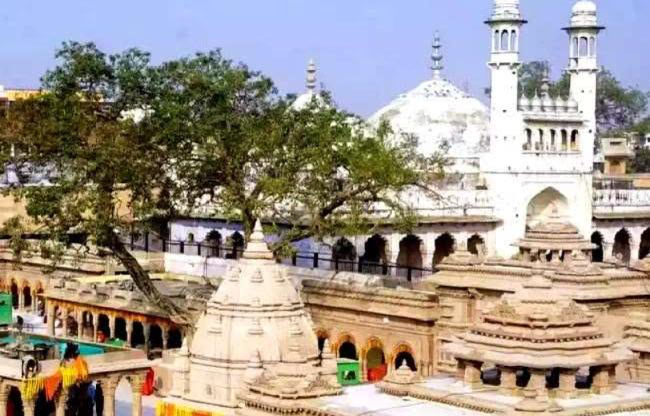
Source: aajtak
Why Isn't the 1991 Act Applicable Here?
- On August 18, 2021, five women petitioned the Varanasi Civil Court, demanding permission for daily worship of Goddess Shringar Gauri, Lord Ganesha, and Lord Hanuman.
- The petition highlighted that daily worship occurred until 1993 at the disputed site, thereafter permitted only once a year. Given continued practices post-1947, the 1991 Places of Worship Act was deemed non-applicable by the court.
- According to the 1991 Act, religious sites maintain their 1947 status. The Ayodhya case was exempted, having predated the independence legal framework.
What's Next in This Case?
With the District Court's decision, hearings on the petitions of five women seeking daily worship at the Shringar Gauri Temple will commence. The court will decide on allowing these religious practices.
Simultaneously, petitions concerning the Kashi Vishwanath Temple and Gyanvapi Mosque remain in the Allahabad High Court, with the Hindu side advocating for Hindu control over the mosque premises.
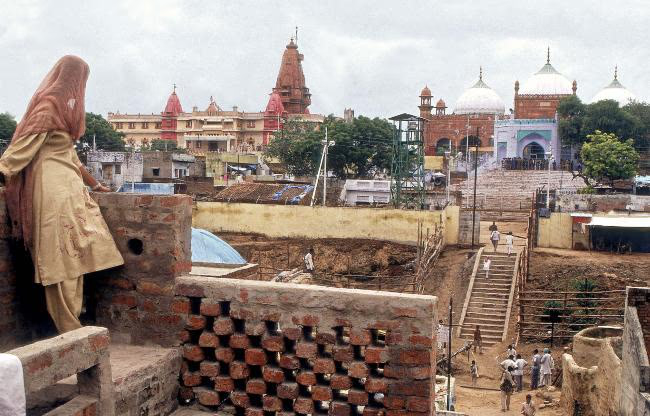
Source: aajtak
What Impact Could This Have on the Mathura Dispute?
- The Ayodhya Temple-Mosque conflict is resolved. Meanwhile, the Kashi Vishwanath Temple and Gyanvapi Mosque dispute persists in court, exempt from the 1991 law's influence.
- Like Ayodhya and Kashi, Mathura's Shahi Idgah Mosque and Shri Krishna Janmabhoomi Temple face legal challenges. The Hindu camp contends Aurangzeb dismantled the Krishna Temple in 1670 to build the Idgah Mosque.
- The Mathura dispute spans 13.37 acres, reportedly once home to the ancient Krishna Temple, with claims dating back to colonial auctions and subsequent acquisition by industrialist JB Birla in 1944. Post-1951, the site was entrusted to the Shri Krishna Janmabhoomi Trust, culminating in the current temple built beside the Shahi Idgah Mosque by 1958.
- The Shri Krishna Janmasthan Seva Sansthan, established in 1958, lacks legal claims to these lands but reached a 1968 accord with the Shahi Idgah Mosque Trust to maintain both temple and mosque structures.
- The Krishna Janmasthan Trust repudiates the 1968 land agreement as fraudulent. Legal contention centers on land distribution, with 10.9 acres allegedly belonging to the Janmasthan and 2.5 acres to the Idgah Mosque.
- The Hindu claim ties the site's historical relevance to the birth of Krishna, allegeding the mosque stands where Kansa's prison held Devaki and the newborn Krishna, further complicating the conflict.
- Only Ayodhya benefitted from exemptions in the 1991 Act, due to pre-independence legalities. With the court removing the application of this act from the Shringar Gauri case, observers keenly watch its potential implications on the Mathura case, predominantly originating from the 1968 agreement.
